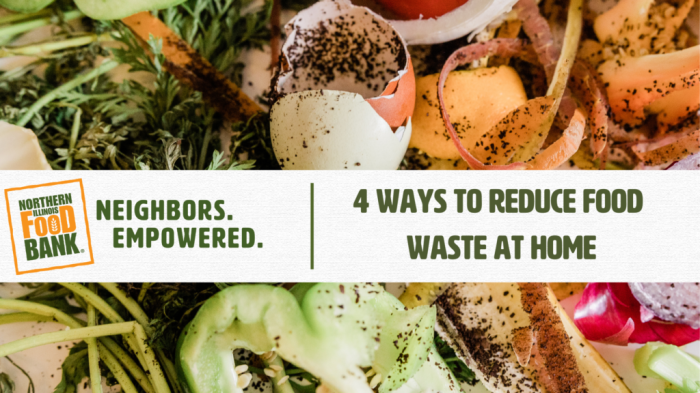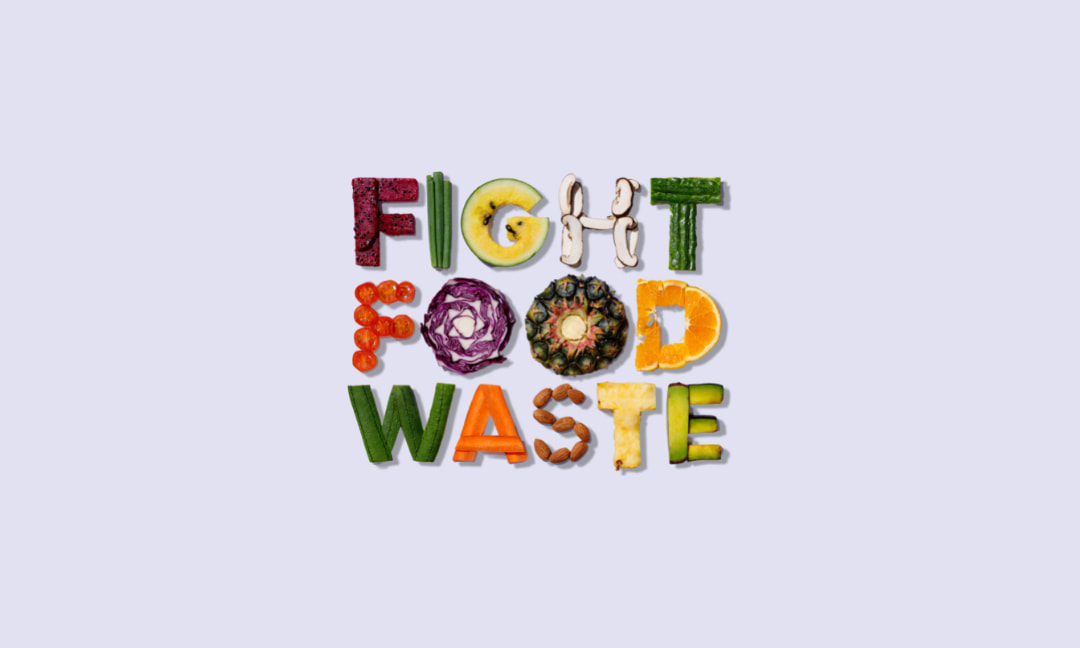Embark on a journey towards reducing food waste at home with these 10 smart and sustainable ways. Discover how simple changes can make a significant impact on the environment and your household.
Learn about the importance of minimizing food waste, practical tips for organizing your fridge, creative recipes for leftovers, and sustainable food storage practices to ensure freshness and reduce waste.
Importance of Reducing Food Waste

Reducing food waste at home is not only beneficial for saving money but is also crucial for the environment. Food waste that ends up in landfills produces methane gas, a potent greenhouse gas that contributes to climate change. By minimizing food waste, we can reduce our carbon footprint and help mitigate the impacts of global warming.
Global Food Waste Statistics
According to the Food and Agriculture Organization of the United Nations, approximately 1.3 billion tons of food are wasted globally each year. This staggering amount not only has environmental consequences but also significant economic impacts. Food waste costs the global economy an estimated $1 trillion annually, affecting both producers and consumers.
Benefits of Reducing Food Waste
– Saves money: By reducing food waste, households can save money on groceries and lower their overall expenses.
– Supports communities: Donating excess food to those in need helps combat hunger and food insecurity in local communities.
– Preserves resources: Wasting food also means wasting resources such as water, energy, and labor that go into food production.
– Promotes sustainability: Minimizing food waste aligns with sustainable practices and contributes to a healthier planet for future generations.
Practical Tips for Reducing Food Waste

When it comes to reducing food waste at home, there are several practical tips you can follow to make a difference. By organizing your fridge effectively, getting creative with recipes, and composting food scraps, you can minimize waste and contribute to a more sustainable lifestyle.
Organize Your Fridge Efficiently
One simple way to reduce food waste is to organize your fridge in a way that minimizes spoilage. Keep perishable items like fruits and vegetables at eye level so you remember to use them before they go bad. Make sure to rotate items so that older produce is used first.
Get Creative with Leftover Ingredients
Instead of letting leftover ingredients go to waste, get creative in the kitchen. Try making stir-fries, soups, or salads with leftover vegetables, or use stale bread to make croutons or bread pudding. Planning meals in advance can also help you use up ingredients before they spoil.
Benefit from Composting Food Scraps
Composting food scraps is not only an eco-friendly way to reduce waste, but it also provides nutrient-rich soil for your garden. By separating food scraps like fruit peels, coffee grounds, and eggshells, you can create compost that enriches your plants and reduces the amount of waste sent to landfills.
Sustainable Food Storage Practices

Proper food storage is essential in reducing food waste at home. By following sustainable food storage practices, you can prolong the freshness of your fruits and vegetables, store leftovers effectively, and prevent food items from going bad.
Ideal Conditions for Storing Fruits and Vegetables
- Store fruits and vegetables in the crisper drawer of your refrigerator to maintain optimal humidity levels.
- Keep fruits and vegetables separate as some release ethylene gas, which can cause others to ripen faster.
- Check for any spoiled or overripe items regularly and remove them to prevent the spread of mold.
Using Airtight Containers or Reusable Wraps for Leftovers
- Transfer leftovers to airtight containers to keep them fresh for a longer period.
- Consider using reusable wraps like beeswax wraps or silicone bags to reduce the need for plastic wrap.
- Label containers with the date to track freshness and avoid forgetting about stored items.
Benefits of Freezing Food Items
- Freezing food items can extend their shelf life significantly, allowing you to enjoy them at a later time.
- Divide large portions of food into smaller containers before freezing to make it easier to defrost only what you need.
- Properly sealed and labeled frozen items help reduce food waste by preventing freezer burn and maintaining quality.
Final Thoughts

Explore the world of sustainable living and responsible consumption as we conclude our discussion on 10 Smart Ways to Reduce Food Waste at Home. Take these tips to heart and make a positive change in your daily routine.